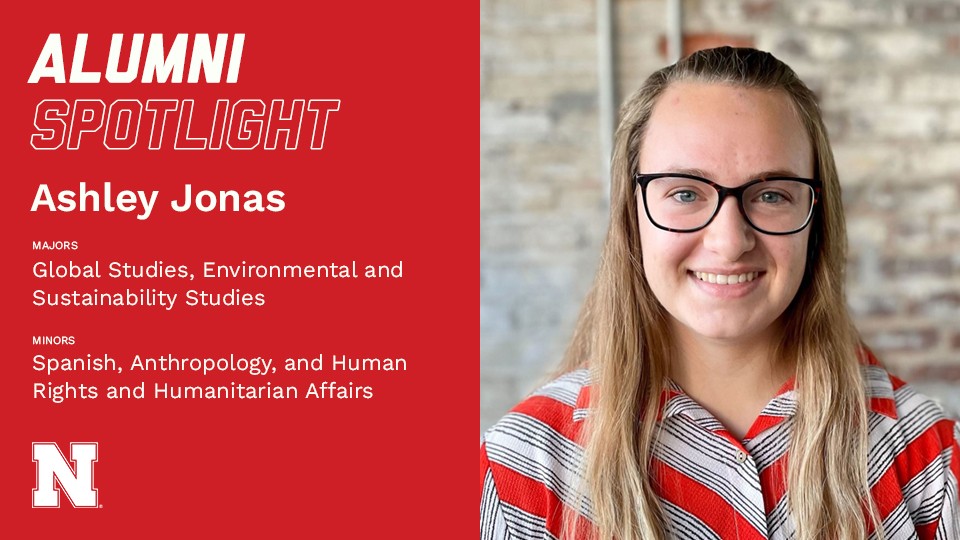
Dawn O. Braithwaite, interpersonal and family communication, was interviewed for a July 1 Yahoo! Life article on the debate over singer and actress Jana Kramer’s use of the term “single mom.” Braithwaite said such “address terms” are an important way to “help us understand our place in the world” but that people should tread carefully when choosing a term, especially when another parent is involved. She said that “co-parent” is a popular choice that encourages cooperation and allows some flexibility.
Braithwaite also wrote a July 15 Psychology Today article on why communication matters. She wrote that people communicate to create, maintain and change relationships and themselves.
• • •
Carrie Heitman, anthropology, is working to document and preserve sites in the Chaco Culture National Historical Park. A video on the research was the Video of the Day July 4 on Earth.com.
• • •
Kate Lyons, biological sciences, was cited in a July 10 Gizmodo article on birds being modern-day dinosaurs. She said there “isn’t just one smoking gun” that allows paleontologists to say birds are dinosaurs, but there are “multiple pieces of evidence” that point to this conclusion.
• • •
Chigozie Obioma, English, an internationally recognized author, was one of the judges who helped narrow 158 books to a 13-book longlist for the 2021 Booker Prize. He was mentioned in stories on the longlist in The New York Times and more than a dozen other media outlets.
• • •
Timothy Schaffert, English, director of the creative writing program, offered his five top books on art and culture in Nazi-occupied Paris for The Wall Street Journal’s “Five Best” feature on July 23.
He also wrote a July 26 article titled “Culture of Fragrance: Jewish Perfumers in the Twentieth Century” for The Jewish Book Council.
A review of Schaffert’s new novel, “The Perfume Thief,” was published in the July issue of Booklist. The book will be released Aug. 3.
• • •
Jeffrey Stevens, psychology, director of the Canine Cognition and Human Interaction Lab, was interviewed for a July 14 Smithsonian Magazine article on a new study showing that dogs don’t return the favor after strangers feed them. Stevens, who was not involved with the study, said experiments should be designed from the perspective of the dog, not the human, so they can easily recognize the task at hand.


